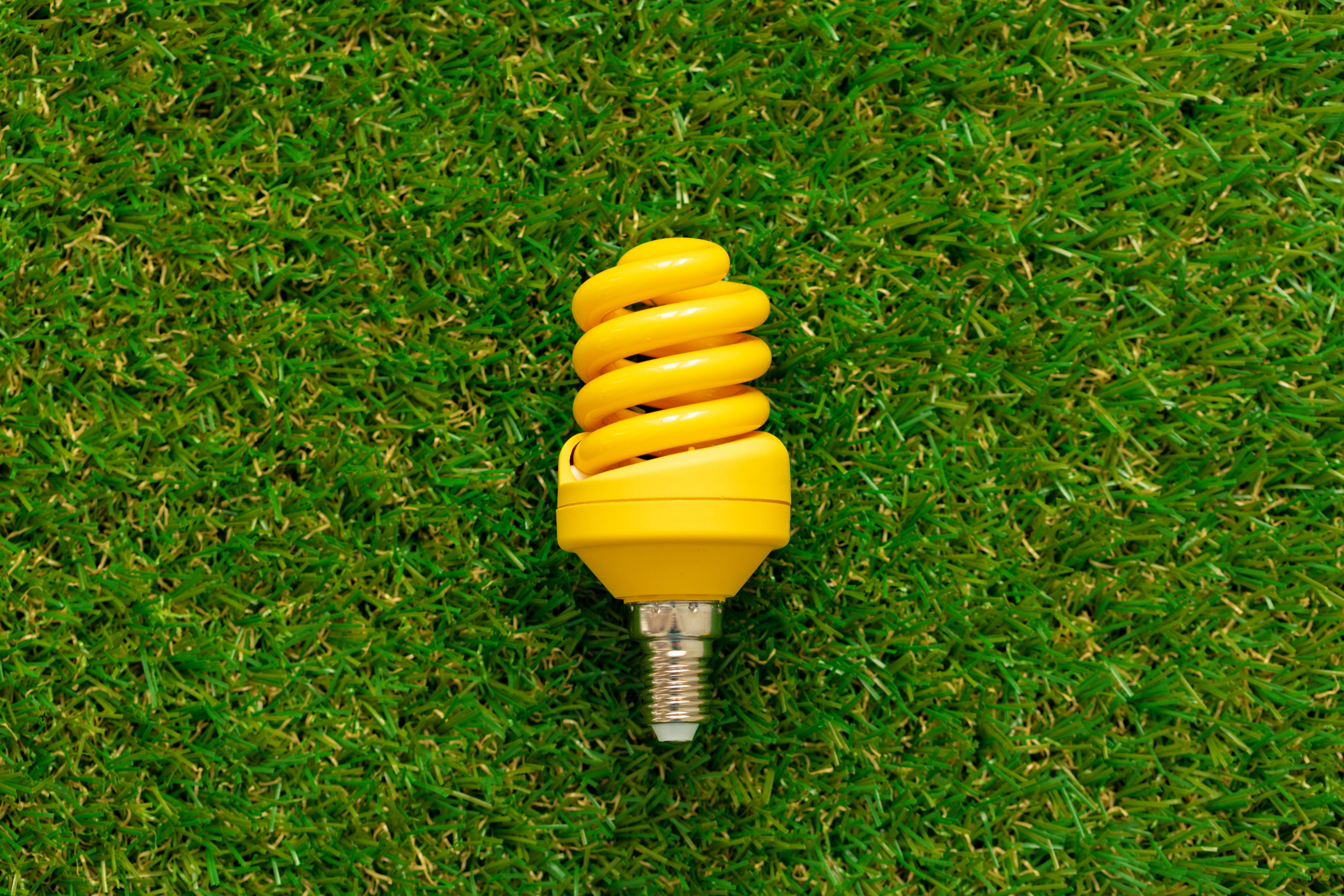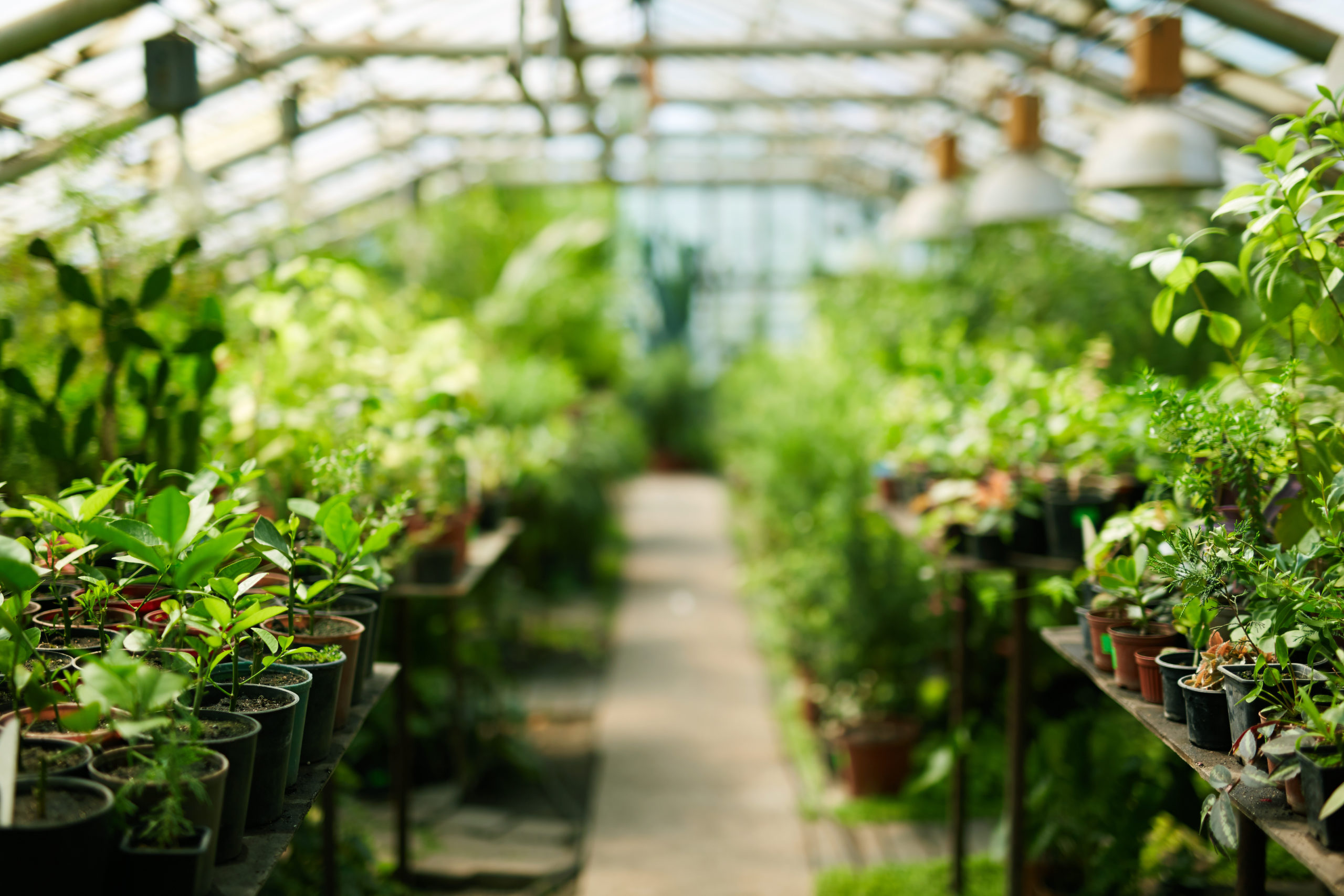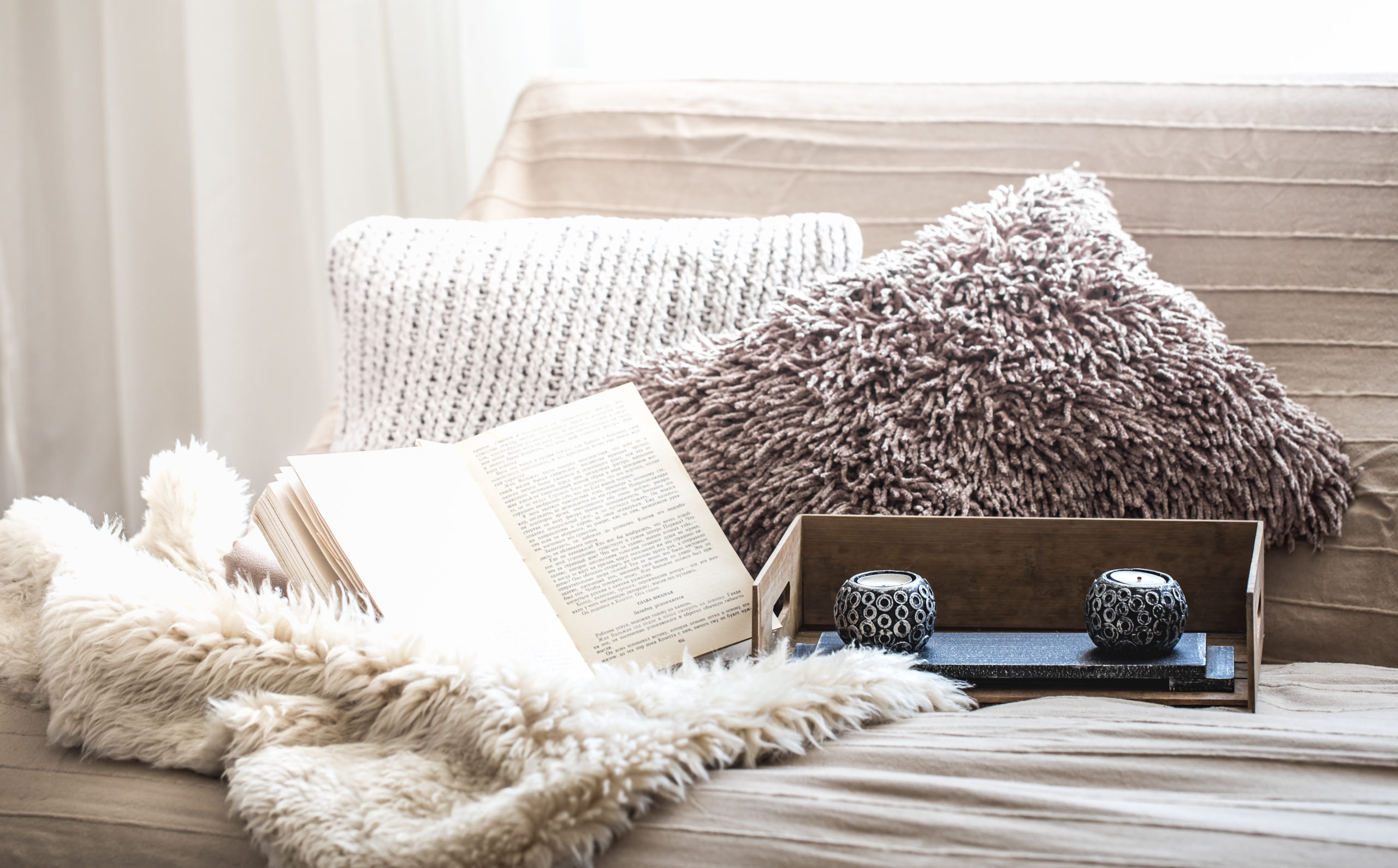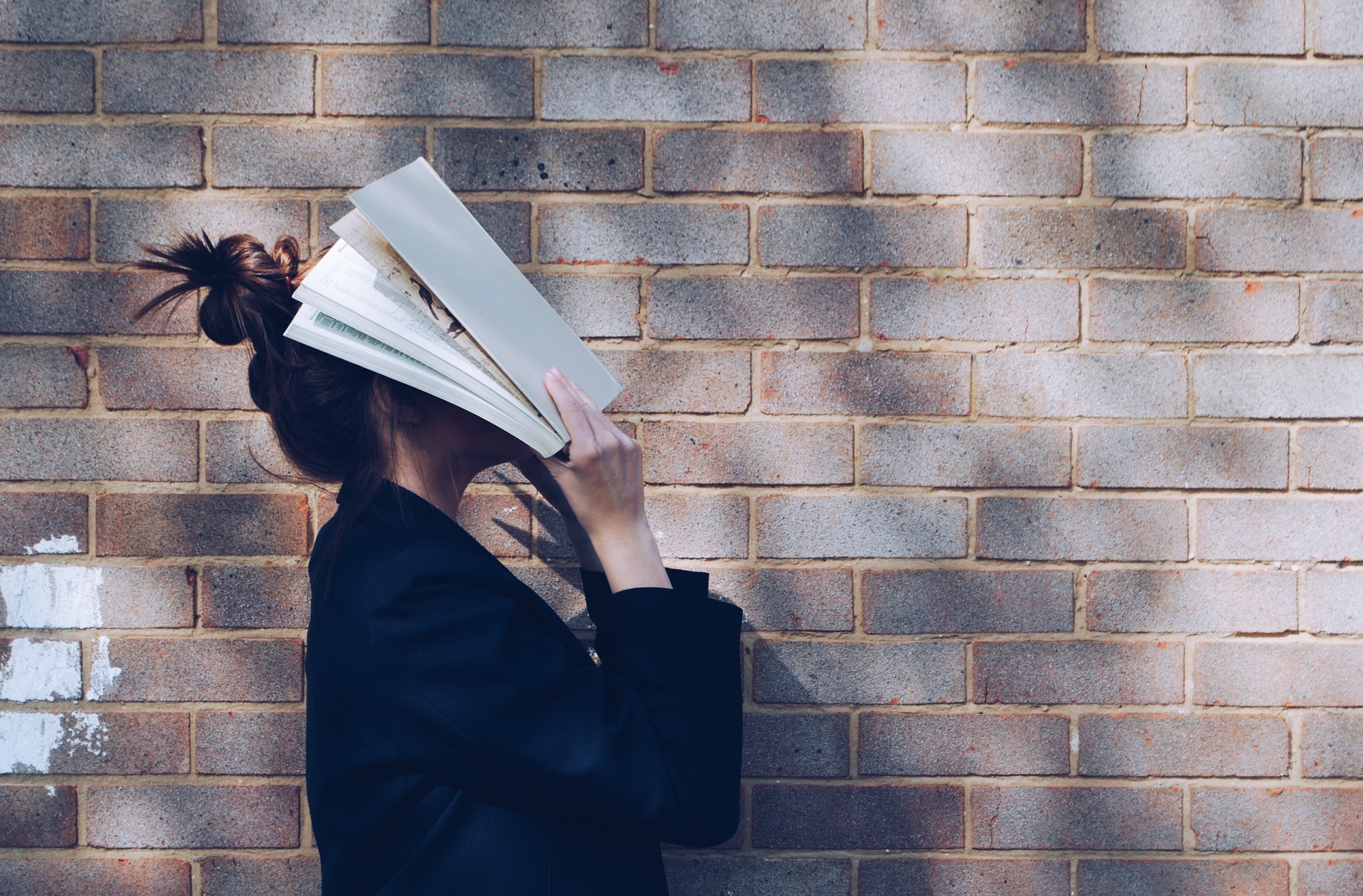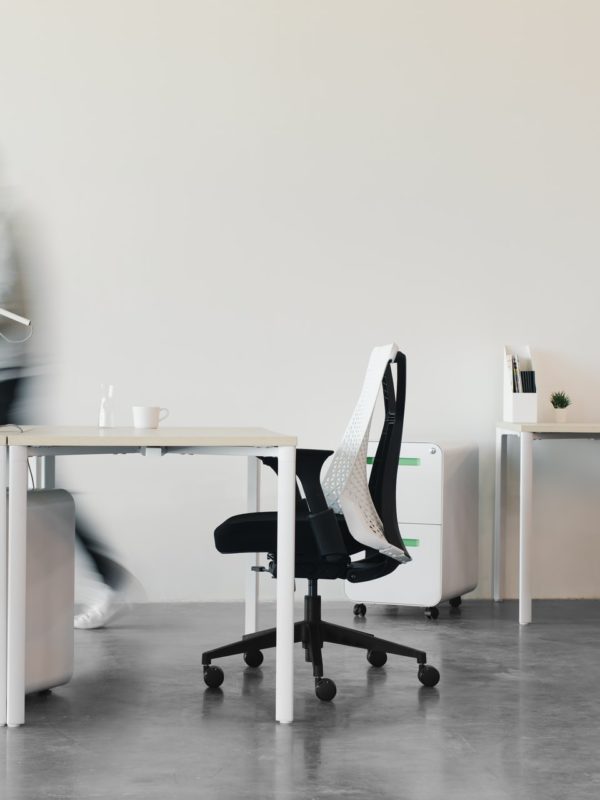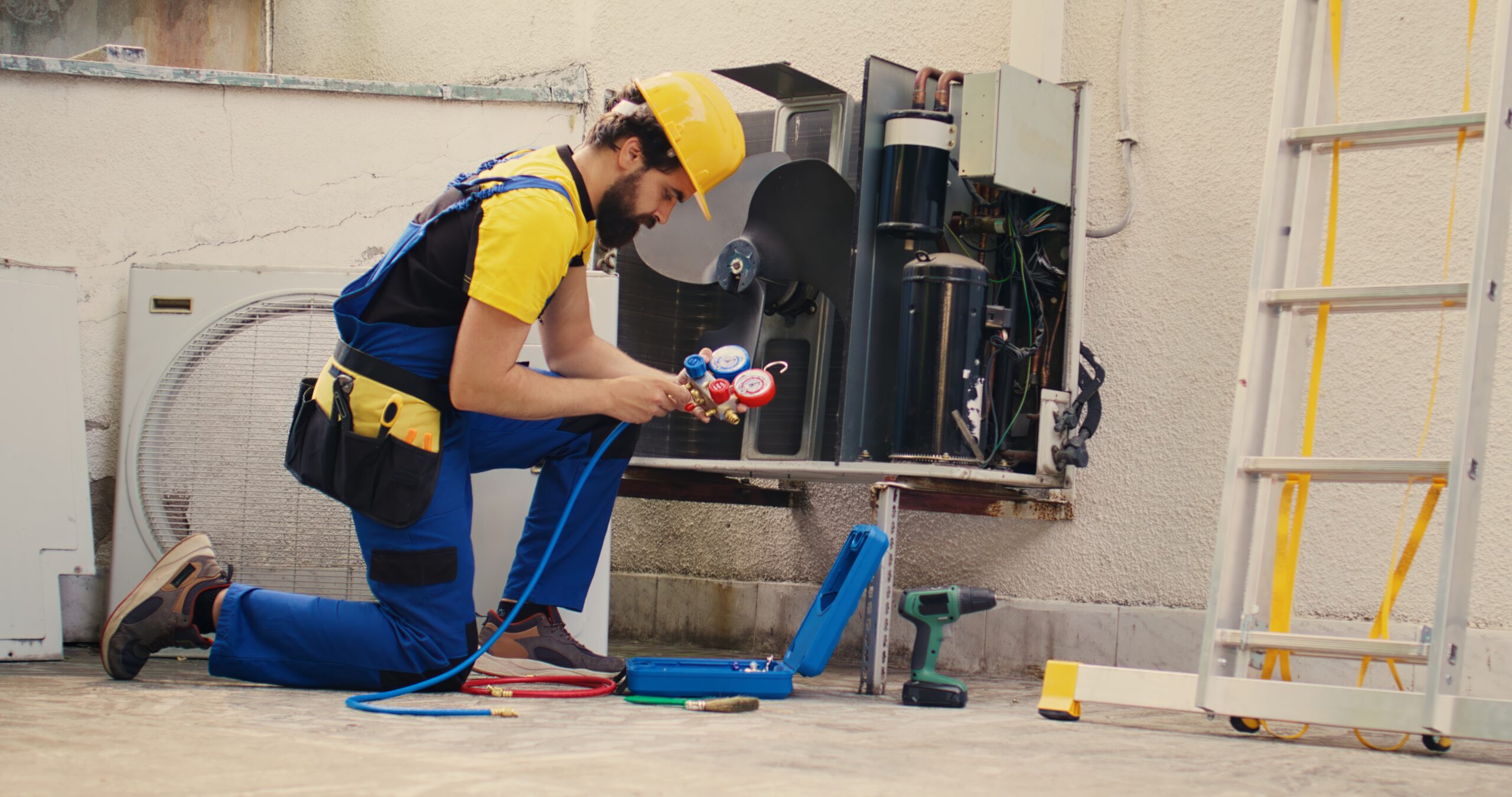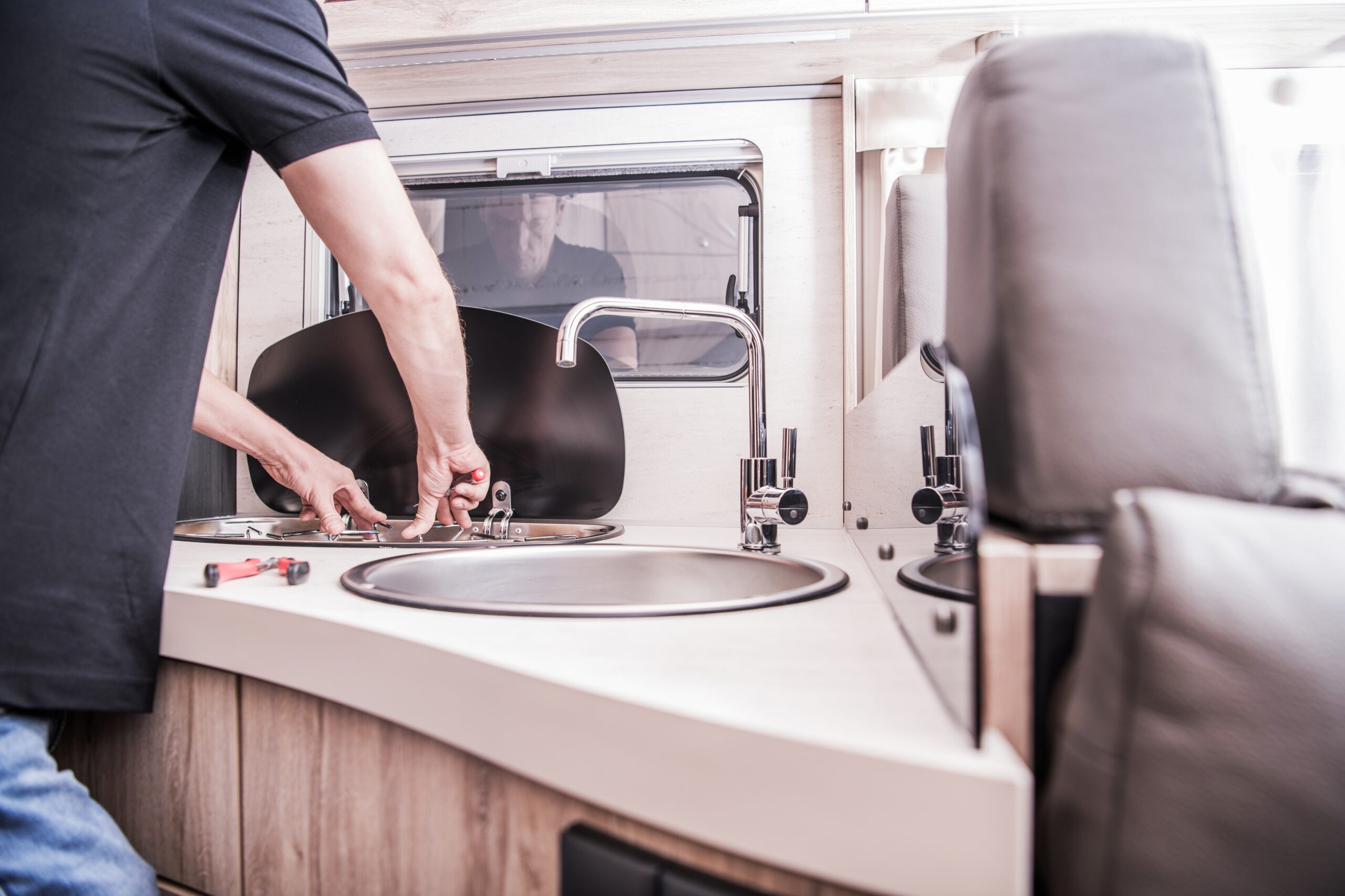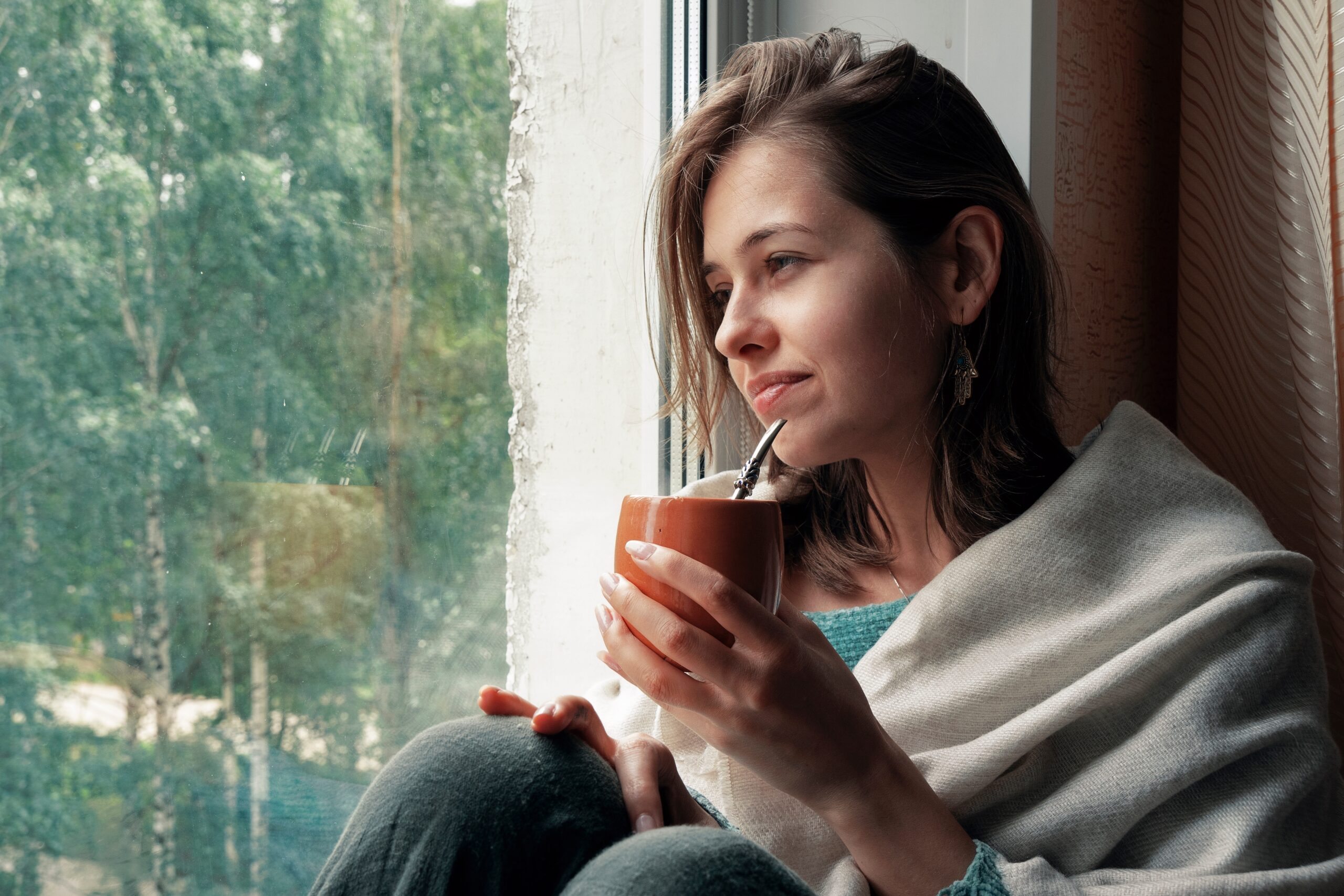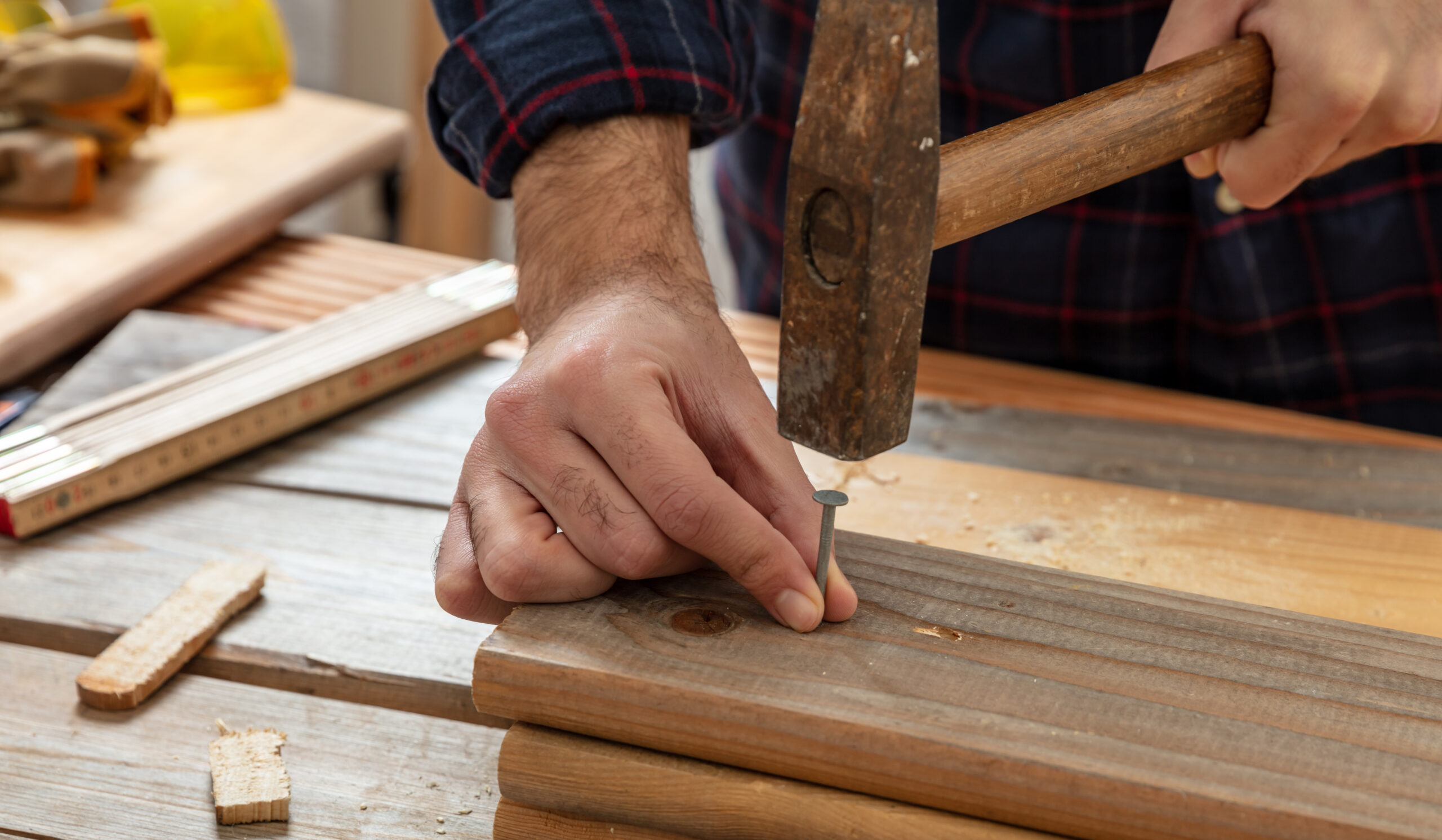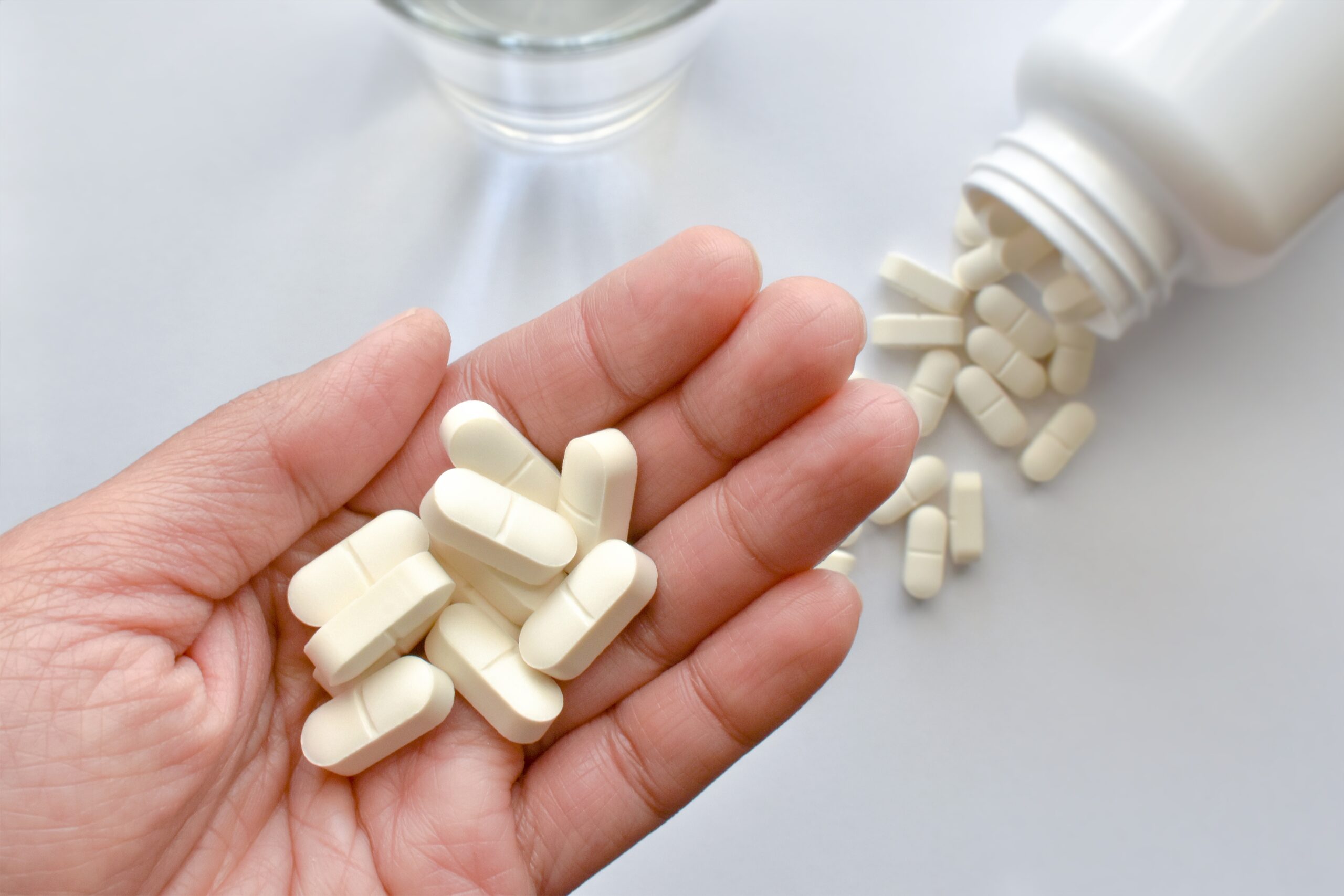Vials have been an integral part of many industries for centuries, serving as simple yet essential tools in countless applications. With their versatility, these small containers have found their way into labs, pharmacies, the cosmetics industry, and even the food industry. In particular, small plastic vials are increasingly popular due to their affordability and convenience, becoming a common sight across various sectors.
An Indispensable Tool in Pharmaceutical Industry
One of the most prominent industries where vials are extensively used is the pharmaceutical sector. Here, vials serve as primary packaging for many types of medication, from liquid suspensions to powders, and even solid pills. The unique properties of vials, such as their hermetic sealing capability and compact size, make them ideal for preserving the integrity and potency of drugs.
Moreover, the industry often relies on vials for the safe storage and distribution of vaccines. Because vaccines are sensitive to environmental changes, vials provide essential protection against light, temperature changes, and microbial contamination. These factors are critical to maintaining the efficacy of vaccines until they are administered.
Pharmaceutical vials are also instrumental in research and development activities. Scientists use them to store and transport samples, chemicals, and reagents, facilitating countless essential experiments and tests.
The Key Role of Vials in Diagnostic Laboratories
In the realm of diagnostics, vials play an equally important role. They are often used for specimen collection and storage, from blood samples to saliva, facilitating diagnostic testing and disease detection. Their leak-proof nature, combined with the ability to withstand various handling and transportation conditions, ensures the safety and integrity of these vital samples.
Diagnostic vials also come in handy in pathological laboratories. Pathologists use them to store tissue samples for histopathological examination. These vials are specially designed to maintain the tissue’s morphology and biochemical properties, enabling accurate diagnoses and effective treatment planning.
A Staple in the Cosmetics Industry
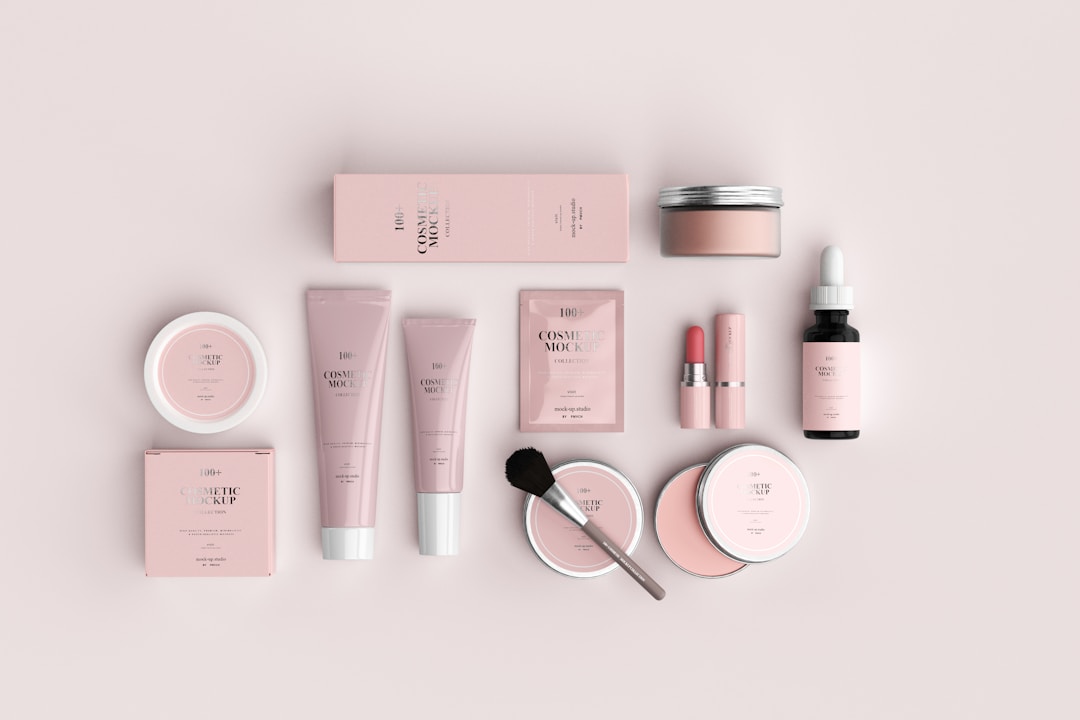
The cosmetic industry is another sector where vials are frequently utilized. They provide a perfect solution for packaging various cosmetic products, from perfumes to serums. The transparent nature of glass and plastic vials allows the consumer to appreciate the color and consistency of the product inside, which can be a crucial selling point.
Vials also play a crucial role in sample distribution, allowing companies to provide prospective customers with trial-sized versions of their products. This marketing strategy not only introduces consumers to new products but also encourages them to purchase full-sized versions in the future.
Moreover, vials used in the cosmetics industry often come in decorative designs and finishes, aligning with the aesthetic appeal associated with beauty products. This quality highlights how vials can serve both functional and decorative purposes in this industry.
Vials in the Food and Beverage Sector
Although less common, vials also find use in the food and beverage industry, especially in high-end gastronomy and craft beverage production. For instance, chefs use vials to serve sauces, dressings, or condiments in a stylish and sophisticated manner. This innovative presentation method can enhance the overall dining experience, adding a unique flair to the meal.
Similarly, in the craft beverage industry, small vials are used for sampling a variety of drinks. This technique is particularly popular in whiskey and wine-tasting events where a range of flavors is presented to the connoisseurs in individual vials. This not only allows for a diverse tasting experience but also ensures the freshness and purity of each sample.
Vials in Fragrance and Essential Oils Industry
The fragrance and essential oil industry heavily depends on vials for packaging and distribution. The size and portability of vials make them ideal for these highly concentrated substances. Consumers can conveniently carry their favorite fragrances or essential oils wherever they go, whether it’s in their pocket, purse, or travel bag.
Moreover, given the high potency of essential oils, vials allow for precise dispensation, preventing wastage and overuse. They are typically designed with dropper caps, roller balls, or spray mechanisms to regulate the amount dispensed with each use.
The airtight sealing of vials also prevents the volatile compounds in fragrances and essential oils from evaporating, preserving the product’s aroma and therapeutic properties.
Vials in the Agricultural Industry
The use of vials is not just limited to the more ‘obvious’ sectors like healthcare, cosmetics, or food and beverages. In fact, the agricultural industry makes significant use of these versatile containers, primarily for the storage and transportation of seeds, soil samples, and fertilizers. Vials are perfect for this purpose because they offer protection against environmental elements such as moisture, sunlight, and air, which can degrade these samples or materials over time.
Farmers and agricultural researchers often collect soil and plant samples to assess the health of their fields and crops. These samples are typically stored in vials until they can be analyzed in a lab. Similarly, seeds are also stored in vials for germination tests or to maintain a seed bank for future use.
Fertilizer and pesticide companies use vials to package their products for sale or distribution. Some of these substances can be highly concentrated, and vials allow for precise dosing while also preventing spillage or accidental exposure.
Vials in the Aerospace Industry

It may be surprising to many, but vials also find significant usage in the aerospace industry. They are often used in experiments conducted in space where they store biological samples, chemicals, and other materials for analysis.
Space missions like those conducted by NASA or SpaceX frequently involve scientific research and experiments. These range from studying the impact of zero gravity on various substances to observing the growth of microorganisms in space. These delicate samples are often collected and stored in vials that are designed to withstand the harsh conditions of space travel, including extreme temperatures and pressure changes.
Furthermore, the compact size and durability of vials make them an ideal choice for space missions where every inch of space and every ounce of weight matters. Vials can be securely packed and transported, ensuring the integrity of their contents during the launch, in orbit, and on the return journey.
Vials in the Perfumery Industry
Vials hold a special place in the perfumery industry. High-quality fragrances often come with a high price tag, and consumers may hesitate to make a full-sized purchase without trying the product first. Vials come into play here as they are used to distribute perfume samples, allowing potential buyers to test the fragrance before committing to a purchase.
Additionally, many fragrance enthusiasts like to have a variety of scents in their collections. Full-sized perfume bottles can be bulky and expensive, while vials offer a convenient and affordable way to own a diverse range of fragrances. There are even subscription services that deliver a selection of perfume samples in vials to customers each month.
Beyond consumer use, vials are also vital tools for perfumers themselves. The creation of a new fragrance involves blending different scents in various proportions, and perfumers use vials to store these individual essences and their various combinations during the development process.
Conclusion: The Ubiquity of Vials Across Industries
In conclusion, the use of vials extends far beyond what we might initially consider. Their role is not confined to a single industry but spans a wide array of sectors, each utilizing the properties of these containers to meet specific requirements. From their role in maintaining the potency of drugs in the pharmaceutical industry to adding an aesthetic touch in the cosmetics sector, vials prove their worth in numerous ways.
Even in the food industry, the role of vials is evolving beyond traditional norms, creating new opportunities for creative presentation. Therefore, regardless of their size, the significance of vials in these industries is undeniable, proving that great things indeed come in small packages.
